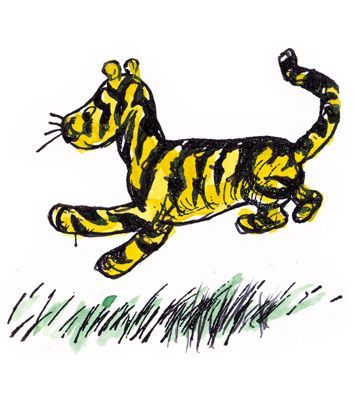You don’t find the time to make things, you make the time to do things.
Debbie Millman
This is putting it mildly: You either make the time or you don’t — and which you do defines who you are. Makers make things. Gardeners spend time in the garden. Activists spend time in the community.
Making time for an activity means it matters to you. The reverse is true as well.
Practice: Your choice. Would you rather update your identity or realign your schedule?
Advanced practice: Explore your reasons to hold onto an identity that doesn’t reflect the ways you spend your time.
Related practices: Busy, Busy, Busy, Boredom

 E.H.Shepard
E.H.Shepard radicaldiscipleship.net
radicaldiscipleship.net The Modern Curio
The Modern Curio Rusira Bhagya
Rusira Bhagya



